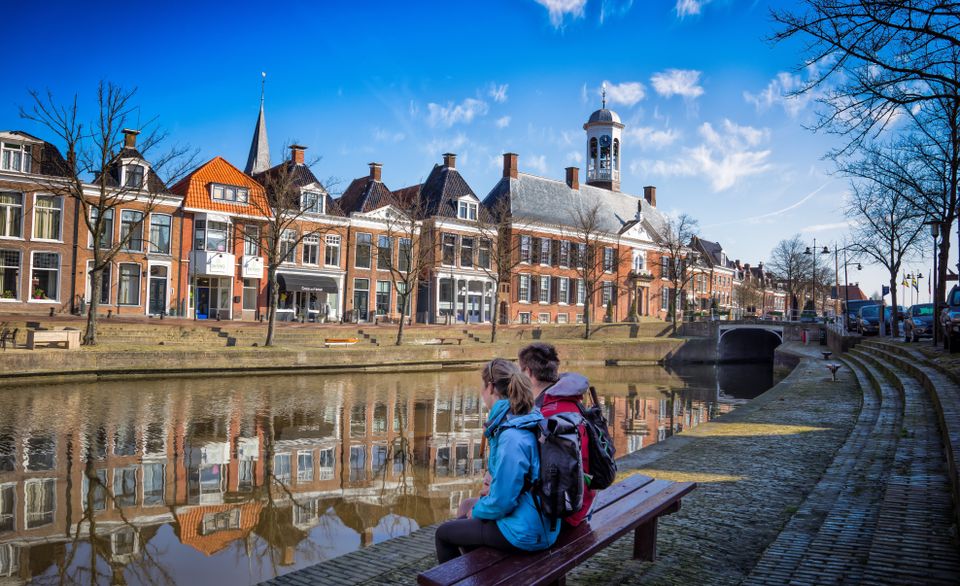Location
321 to 352 of 961 results
-
Molen De Hoop Dokkum
Molen De Hoop Dokkum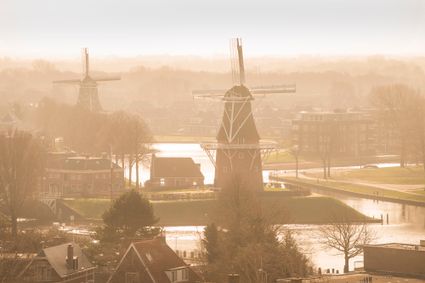 Dokkum
Dokkumfrom your location
-
Boer & Breakfast Klein Berkensteijn
Boer & Breakfast Klein Berkensteijn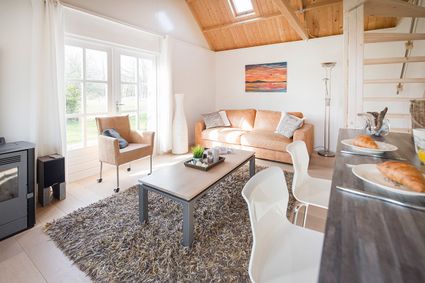 Kootstertille
Kootstertillefrom your location
-
Plasjes langs de N31, Harlingen - Vogelkijkpunt
Plasjes langs de N31, Harlingen - Vogelkijkpunt Kimswerd
Kimswerdfrom your location
-
Skrins - Bird watching cabin
Skrins - Bird watching cabin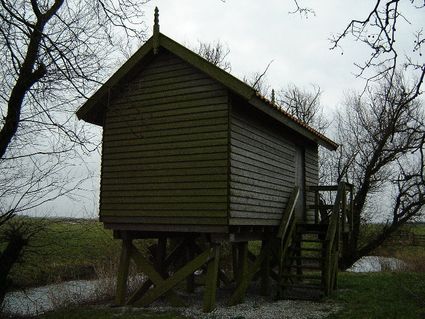 Hinnaard
Hinnaardfrom your location
-
Wierum (Wierum)
Wierum (Wierum)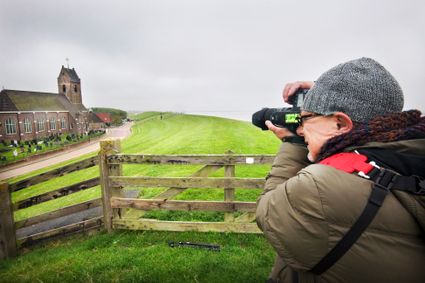 Wierum
Wierumfrom your location
-
IJlst (Drylts)
IJlst (Drylts)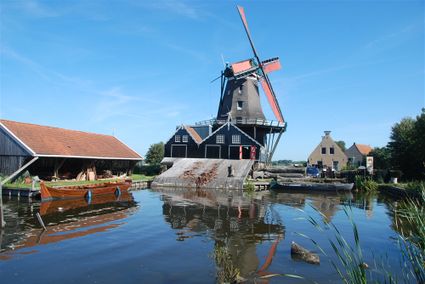 IJlst
IJlstfrom your location
-
The liberation of Leeuwarden
The liberation of Leeuwarden
On 11 April 1945, it became clear that German resistance in the north of the Netherlands was limited. On 12 April, the Allies seized this opportunity to advance on Friesland as quickly as possible. One of the main goals was to liberate Leeuwarden. The 9th Canadian Infantry Brigade was designated for this purpose. But things would turn out differently.
On 12 April, the Royal Canadian Dragoons entered Friesland at Noordwolde. They were to conduct reconnaissance with their armoured vehicles and reach the Wadden Sea as quickly as possible. As a result, the German troops in Friesland and Groningen would be separated.
On the night of 14 to 15 April, three Squadrons of the Dragoons were at Suameer. Burgum could not be reached earlier that day, because the bridge at Burgummerdam had been blown up by the Germans.
Meanwhile, all sorts of things were happening in nearby Leeuwarden. On 12 April, the airfield had been blown up by the Germans. And they left the city on 14 April. Leeuwarden would not be defended. The Burgerweeshuis (Civil Orphanage) that had housed several German agencies was set on fire. An attempt to blow up the telephone exchange failed due to an ingenious intervention by the resistance. In the early morning of 15 April, the resistance also took to the streets en masse to occupy important points and to capture Germans who had remained behind.
The Dragoons in Suameer were in contact with the resistance in Leeuwarden. Due to various reports, it was unclear whether there was now heavy fighting in Leeuwarden or whether the Germans had left the city completely. Because the Germans had blown up important bridges on the route from Heerenveen to Leeuwarden, the infantry could not quickly provide assistance.
So, the Dragoons went to take a look for themselves. Initially, a patrol of four vehicles was sent via the Groningerstraatweg into the city around half past eleven. One of the Canadians in those vehicles recorded the following:
"As we entered the city, passing through the concrete barrier by the narrow passageway left for normal traffic, we were met by an almost hysterical patrol of Resistance men [...] In a few moments the news of our arrival had spread through the city, and we were given a fantastic welcome as we rolled slowly forward into the centre of town."A resident of Leeuwarden recalled:
"We lived close to the Groningerstraatweg, where our liberators passed. Many hundreds of us stood there, all happy spectators. All of a sudden, two ladies from the row flung themselves forward and threw their arms around the Canadians' necks, saying: "Oh darlings, you’re here at last!"After the patrol determined that the coast was clear, the entire C Squadron, a detachment of the Royal Canadian Engineers and Regimental Headquarters of Lieutenant-Colonel Landell followed. Leeuwarden had been liberated. After this, thousands took to the streets. One of the Canadians wrote:
"We halted, and were immediately surrounded by laughing, yelling mobs of people, bringing flowers to give to us, and cheering every move. The Resistance men were everywhere, doing their best to keep the people within bounds and off the cars, but their efforts were hardly necessary. I never saw a more satisfying gathering in my life."Leeuwarden had been liberated by the Dragoons through unexpected circumstances. On the night of 15 to 16 April, Canadian infantry moved into the city.
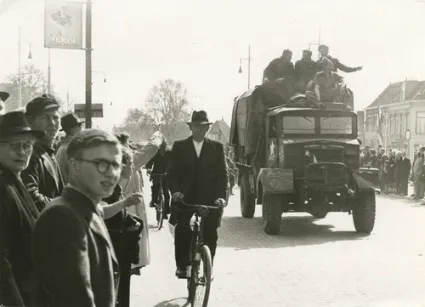 Leeuwarden
Leeuwardenfrom your location
-
Rondvaart Dokkum
Rondvaart Dokkum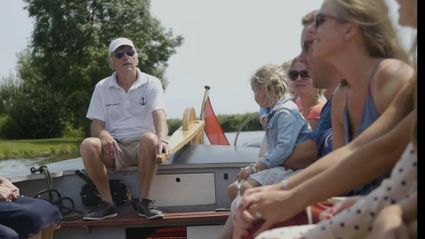 Dokkum
Dokkumfrom your location
-
Kollum (Kollum)
Kollum (Kollum)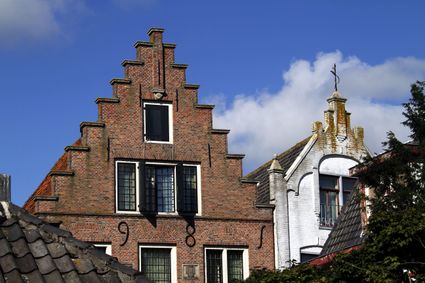 Kollum
Kollumfrom your location
-
Kollumer Museum Mr Andreae
Kollumer Museum Mr Andreae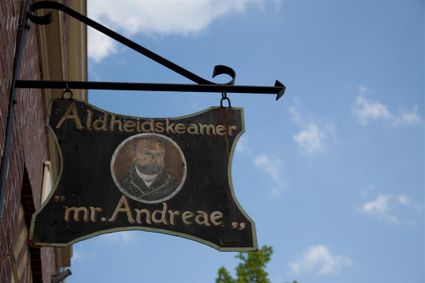 Kollum
Kollumfrom your location
-
De Boer Tweewielers Burgum
De Boer Tweewielers Burgum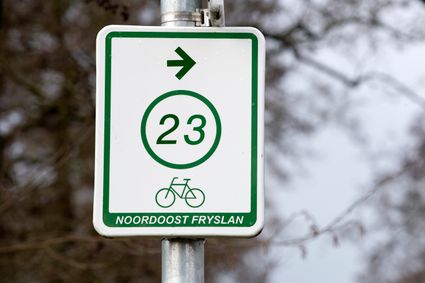 Burgum
Burgumfrom your location
-
De Taperij Burgum
De Taperij Burgum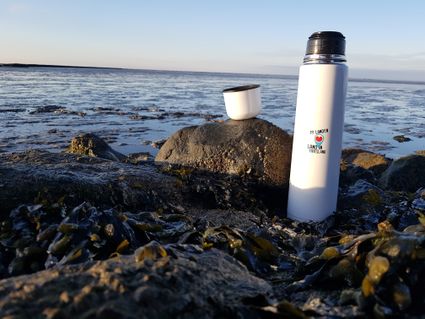 Burgum
Burgumfrom your location
-
Skûlenboarch
Skûlenboarch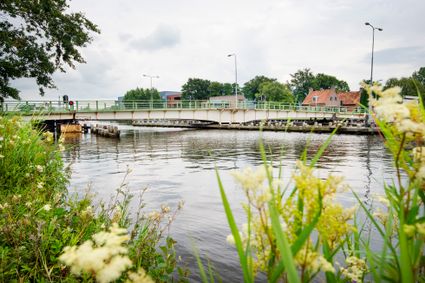 Skûlenboarch
Skûlenboarchfrom your location
-
Veerpont Ameland
Veerpont Ameland Holwerd
Holwerdfrom your location
-
Houwinksreed
Houwinksreed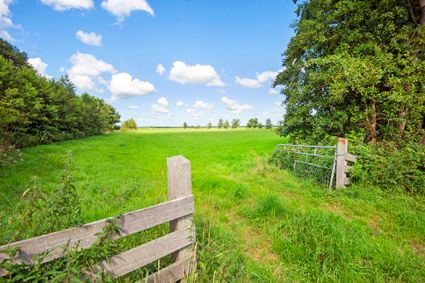 Sumar
Sumarfrom your location
-
AquaZoo Leeuwarden
AquaZoo Leeuwarden Leeuwarden
LeeuwardenDirect boekbaar
from your location
-
B&B Gasthuisstraat
B&B Gasthuisstraat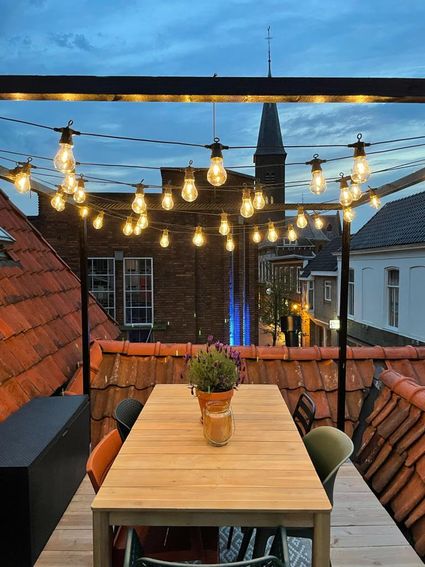 Dokkum
Dokkumfrom your location
-
Ameland - Hollum - Dijk bij de Reeweg - Vogelkijkpunt
Ameland - Hollum - Dijk bij de Reeweg - Vogelkijkpunt Hollum
Hollumfrom your location
-
Mariakerk Buitenpost
Mariakerk Buitenpost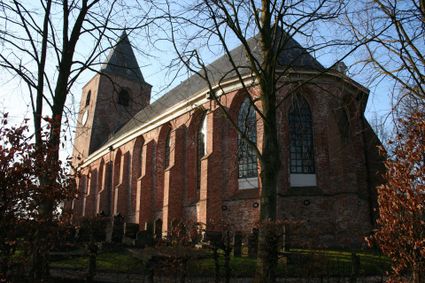 Buitenpost
Buitenpostfrom your location
-
Alde Feanen - Otterproject - Observatietoren
Alde Feanen - Otterproject - Observatietoren Warten
Wartenfrom your location
-
Kunstwerk de Flaaksrûpelers
Kunstwerk de Flaaksrûpelers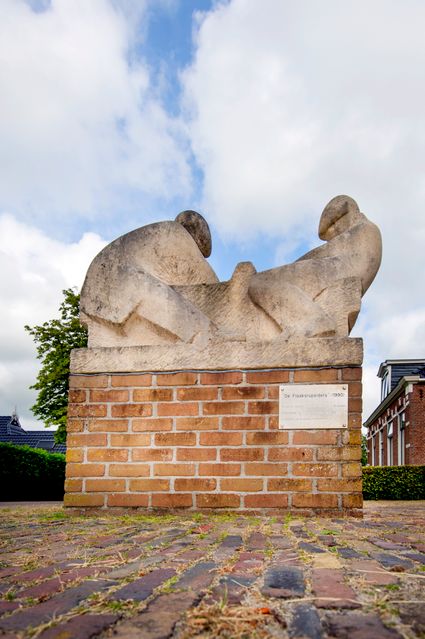 Mûnein
Mûneinfrom your location
-
Wite en Swarte Brekken - Uitkijktoren
Wite en Swarte Brekken - Uitkijktoren Jutrijp
Jutrijpfrom your location
-
Village Garden Snakkerburen
Village Garden Snakkerburen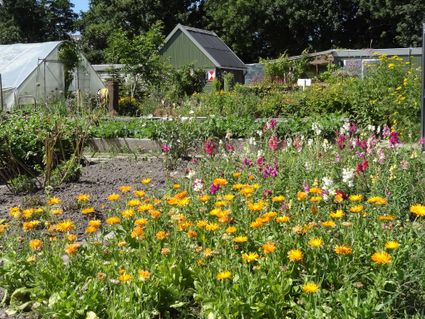 Snakkerburen
Snakkerburenfrom your location
-
Sloepverhuur - Elfsteden Recreatie (Johanna Hoeve)
Sloepverhuur - Elfsteden Recreatie (Johanna Hoeve)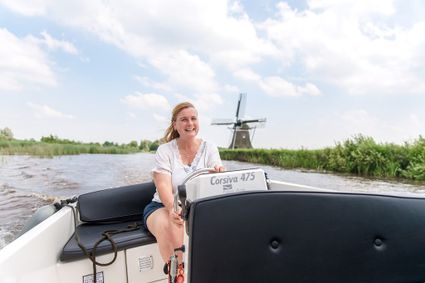 Ryptsjerk
Ryptsjerkfrom your location
-
Oudemirdumerklif - Uitkijkheuvel
Oudemirdumerklif - Uitkijkheuvel Oudemirdum
Oudemirdumfrom your location
-
Veerpont Gastvrij Grou (Grou Hellinghaven)
Veerpont Gastvrij Grou (Grou Hellinghaven) Grouw Yne Lyte
Grouw Yne Lytefrom your location
-
Seventy evacuees from Arnhem and Limburg
Seventy evacuees from Arnhem and Limburg
The grave monument in Gytsjerkwas erected in memory of Maria v/d Heuij. Maria was one of seventy evacuees from Arnhem and Limburg who arrived in Gytsjerk on 22 January 1945. Maria died a day later, just a few months old. The harsh conditions during the trip had proved fatal to her. Maria did not live to see the liberation. Fortunately, many of the other evacuees with whom she undertook the journey did.
Symbolism
The monument's spiritual father, artist Klaas Bokma, chose two carts because this was the means of transport often used by evacuees. The four withered trees symbolise death. The cross is not only a symbol of the Christian faith, but also a reminder of the sacrifice made by war victims for a life of freedom.
The oldest pupils of Ichtus and Thrimwalda primary schools take care of this monument.
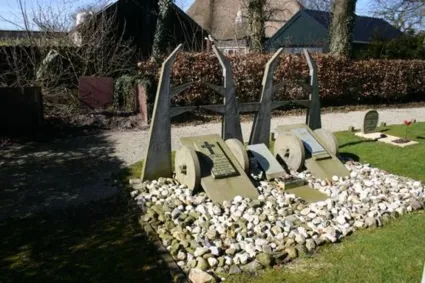 Gytsjerk
Gytsjerkfrom your location
-
Noarderleech Visitor Centre
Noarderleech Visitor Centre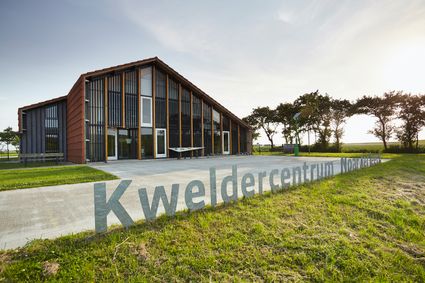 Hallum
Hallumfrom your location
-
Logementen Dokkum
Logementen Dokkum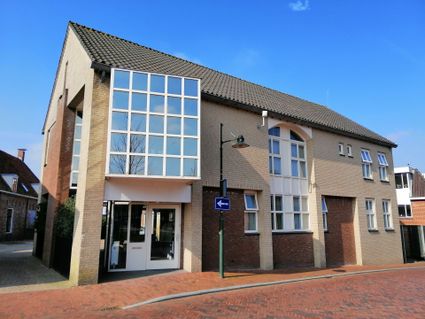 Dokkum
Dokkumfrom your location
-
De Leijen Nature Reserve
De Leijen Nature Reserve Rottevalle
Rottevallefrom your location
-
De 4 Elementen
De 4 Elementen Stroobos
Stroobosfrom your location
-
Beleef Lauwersoog
Beleef Lauwersoog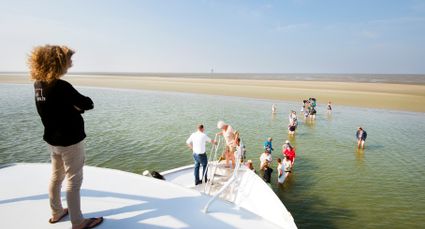 Lauwersoog
Lauwersoogfrom your location
